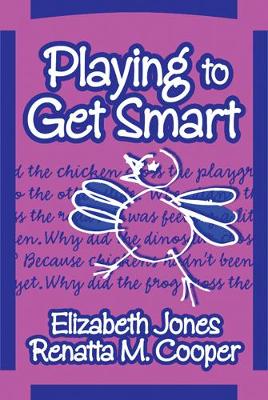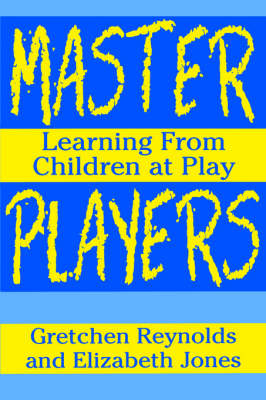Early Childhood Education
3 total works
Play is the most effective way for children to develop critical life skills such as creative thinking and social problem solving. In this book, Betty Jones, well-known for her work on play, is joined by her colleague Renatta Cooper to offer a radical vision of early schooling-an antidote for the current pressure of standardized education.
Practicing what it preaches, Playing to Get Smart will be a playful reading experience for teachers and parents alike. With jokes, riddles, and stories sprinkled throughout, the authors show how important play is for children of all ethnic and socioeconomic groups, from birth to age 8.
A provocative challenge to teachers and parents of young children, Playing to Get Smart:
- Explains why teachers need to provide opportunities for quality play and why parents need to understand the benefits of play for their children.
- Demonstrates how play offers opportunities for initiative, leadership, conflict resolution, and peacemaking.
- Addresses the negative effects of traditional schooling, particularly on poor children.


